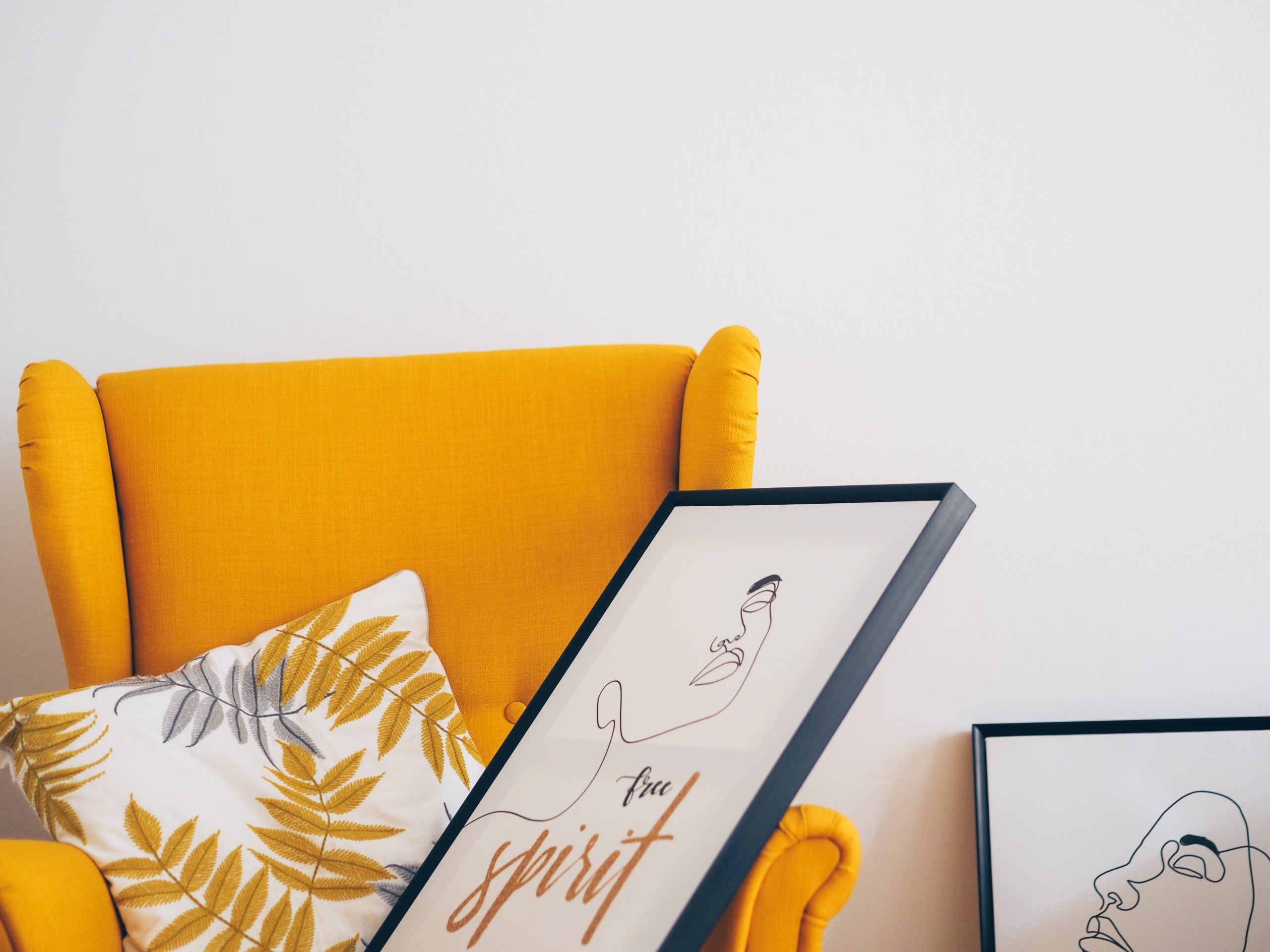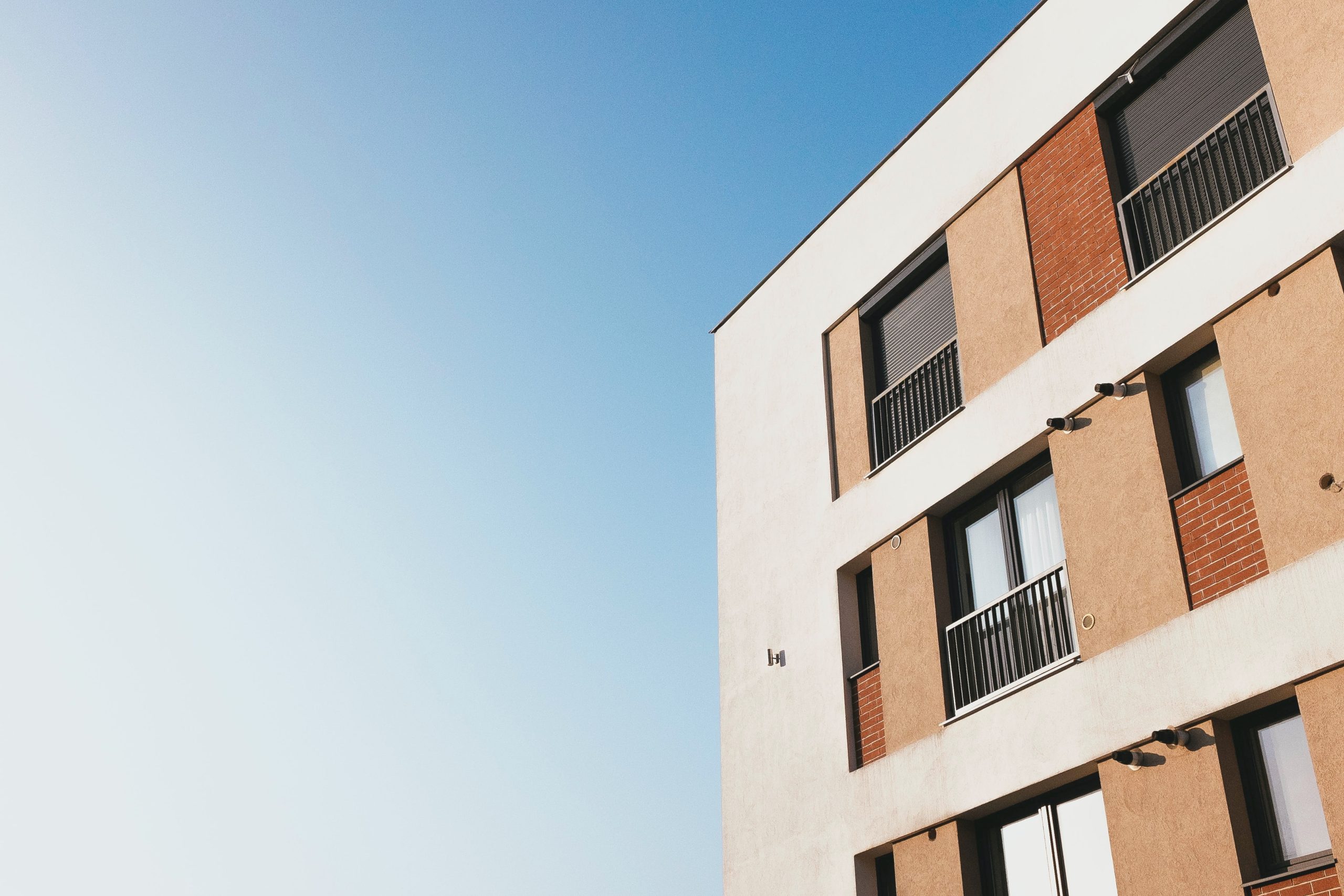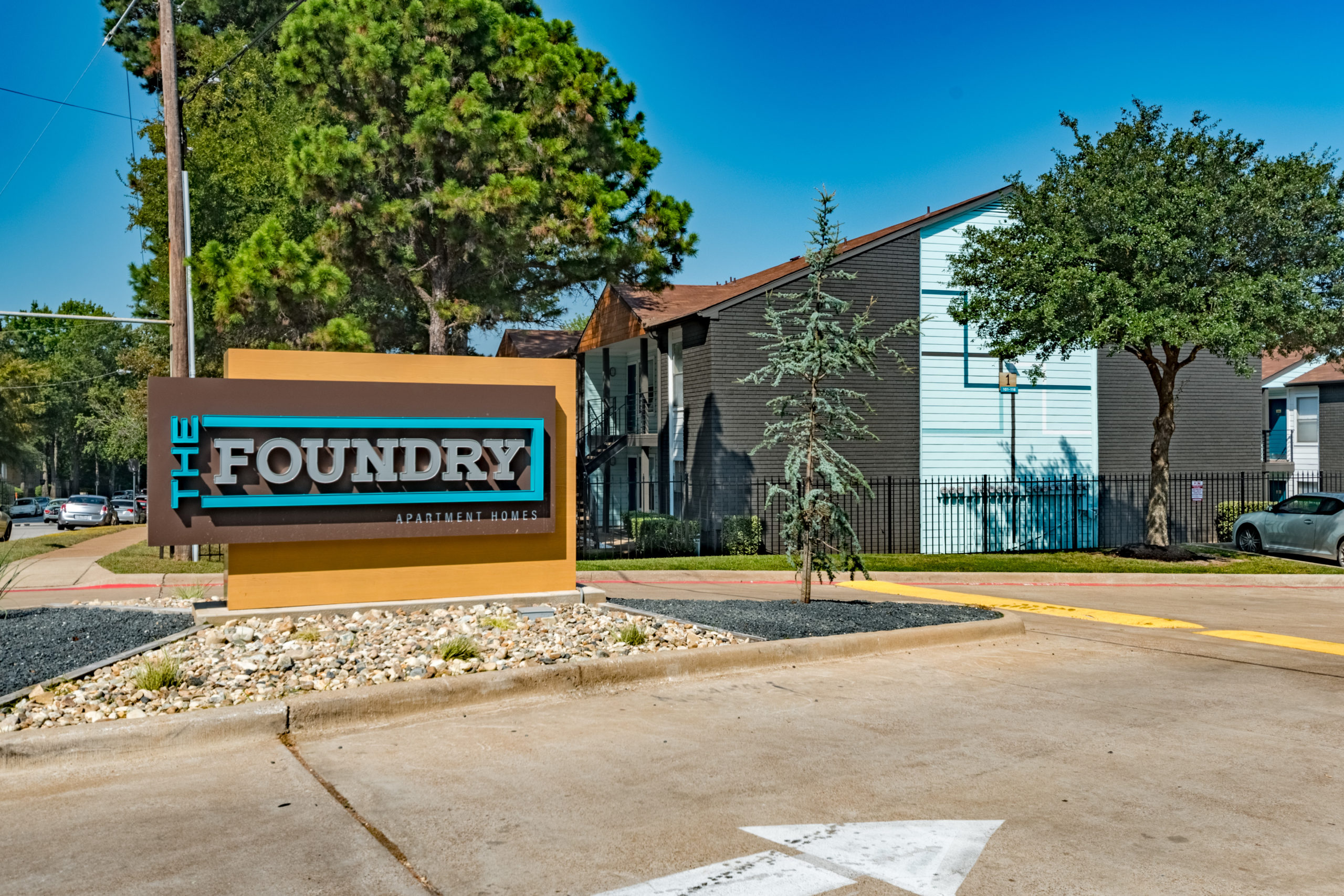Are you renting an apartment for the first time? You may wonder what constitutes normal wear and tear in your student apartment.
Normal wear and tear is the expected deterioration of property from normal, everyday use over a period of time. It’s important to understand what is considered normal wear and tear when renting an apartment, as it can affect any security deposits you put down when you signed your lease.
Normal wear and tear include minor scuffs on walls from moving furniture, small nail holes from pictures hung up on the wall, carpets losing their appearance due to foot traffic, fading paint jobs, etc.
It is important to note that these are considered normal in the course of renting an apartment; there will not be deductions taken out of your security deposit for those sorts of damages.
While every state has different laws regarding renting an apartment, some general rules about normal wear and tear are:
- Normal wear and tear do not include damage caused by negligence or abuse by residents.
- If a resident moves out before their lease ends, they may be responsible for repairs if the property manager could not re-rent the unit.
- Damage due to wear and tear should be documented in an apartment inspection report at move-in, so it can be verified when the resident moves out.
To avoid any deductions from your security deposit, here are some tips for keeping your apartment damage-free and clean:
- Wipe down surfaces regularly with a damp cloth to prevent the build-up of dirt or dust that can cause staining.
- Avoid wearing shoes inside the apartment as much as possible to minimize wear and tear in carpets and flooring.
- Hang all decorations using wall anchors or picture hooks instead of nail holes.
- Cover furniture when moving around to prevent marks on walls and floors.
- Clean up spills immediately to avoid large stains or damage that could result in deductions from your security deposit.
When renting a student apartment, you will also need renters’ insurance in case of any unexpected damages or accidents that may occur during tenancy that might damage your belongings.
It’s important to understand what constitutes normal wear and tear when renting an apartment, as this can help you protect your security deposits and avoid costly repairs at the end of your lease. Knowing the rules about renting an apartment can also ensure you don’t accidentally damage your rental property and are held responsible for repairing or replacing it.
If you’re renting an apartment, familiarize yourself with what constitutes normal wear and tear so that you know your rights and responsibilities as a resident. Doing so can help ensure that renting an apartment is a smooth experience for all parties involved. And as always, be sure to check with local laws regarding renting an apartment before signing your lease.





